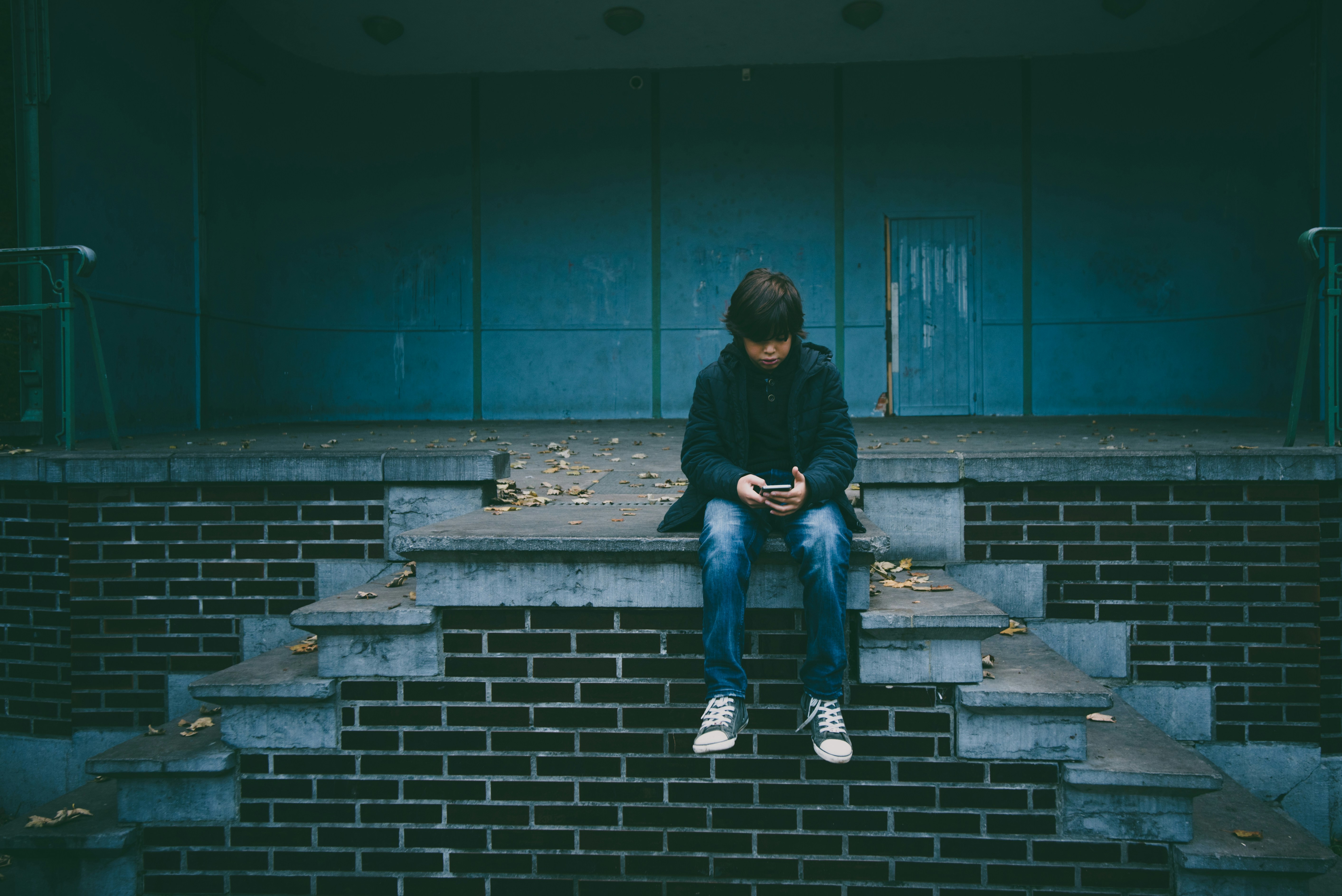[WORLD] Psychologists and digital media researchers have been raising red flags for years about the dangers of excessive screen time, particularly among young people.
In his 2023 report Our Epidemic of Loneliness and Isolation, U.S. Surgeon General Dr. Vivek Murthy identified social media as a key factor contributing to the growing sense of isolation among youth. “Several examples of harms include technology that displaces in-person engagement, monopolizes our attention, reduces the quality of our interactions, and even diminishes our self-esteem,” Murthy wrote.
New York University social psychologist Jonathan Haidt echoed these concerns in his best-selling book The Anxious Generation, arguing that digital technology is reshaping young minds in ways that foster anxiety and depression.
Still, not all screen time should be painted with the same brush. Experts stress that the type of content consumed—and the context in which it's used—can significantly influence its impact. Educational programming and interactive media, for instance, have been shown to support learning and cognitive development.
Caution around children’s tech use remains warranted. But screen time, when approached thoughtfully, can be beneficial. Journalist Amanda Hess explores this nuance in her recent book, Second Life: Having a Child in the Digital Age.
“I’m much more appreciative of screen time than I thought I would be,” Hess told. She recounts how television became a vital coping tool for her three-year-old son following a difficult surgery. At first, she was hesitant to rely on TV during his recovery, but a psychologist reassured her that extra screen time under those circumstances was perfectly acceptable.
“It was a tool like any other—what anyone would do after coming out of the hospital feeling lousy: watch a lot of comforting shows,” Hess said. For her family, it proved to be both healing and practical.
That experience, she noted, shifted her perspective. Today, she doesn’t hesitate to let her son watch TV when she needs to take a work call or manage household tasks. “We have a TV party in my house,” she said.
While overexposure to screens can certainly lead to shorter attention spans and increased feelings of loneliness, not all media use is inherently harmful. In fact, consuming longer-form content can engage deeper thinking, according to psychologist Gloria Mark.
“Short-form content, especially on social media, often targets basic emotions like surprise, anger, or humor,” Mark explained. “That can be addictive and lead to surface-level engagement. But with books or in-depth articles, you give your mind time to reflect and process.”
Mark recommends a few strategies to cultivate more meaningful screen habits:
- Set aside dedicated time for reading and focused information consumption.
- Choose immersive content that encourages deeper engagement.
- Opt for physical books or printouts to minimize digital distractions.
Adopting these practices, she said, can help counteract the downsides of constant connectivity and encourage healthier relationships with technology. Ultimately, being mindful of the content we—and our children—consume is key. And, as Hess’s story illustrates, it’s also okay to embrace screen time as a tool for connection and recovery. Sometimes, a well-timed “TV party” may be just what a family needs.













.jpg&w=3840&q=75)

